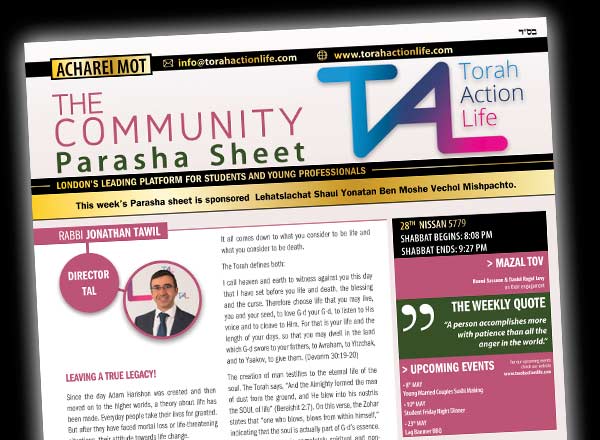
Elephants are pretty powerful creatures. They can weigh as much as 12 tons, and stand as high as thirteen feet tall. Their trunks are strong enough to rip branches off of a tree.
But despite their enormous power, elephants can be chained.
Chaining an elephant isn’t as simple as just putting a chain around its leg – an adult elephant would snap the chain without even noticing the effort. Which chain is strong enough to hold an elephant who struggles to break it?
For the answer to that question, we have to take a trip back to the time when the elephant is born. A small chain fastened to a metal collar around the elephant’s foot is attached to a wooden peg nailed into the ground. The baby elephant will struggle, but eventually it will realise that it can’t break the chain, and even worse, continuing to struggle creates a painful burn on its leg. The baby elephant learns not to struggle – it accepts that the limit imposed by the chain is permanent, and there is no use struggling against it.
Sure, the elephant grows up, and becomes the most powerful land mammal on the face of the earth. But the chains in its mind remain, and so the chains on its leg are never broken. The proverbial “Ivory Tower”.
Now, this might be fine when applied to an elephant. After all, who would want 12 tons of angry blubber running around in the jungle, saying “Ok, who’s the wise guy who tried to tie me up?”
But I heard a beautiful insight by Rav Fischel Schachter. How often do us Jews act like the elephant? So very often, there is a test that we fail to pass, and addiction that we fail to beat, a relationship that we cannot tolerate. And the conclusion is always the same:
I JUST CAN’T!
Teshuvah can only begin if I do not give up on myself. If I believe that I am totally worthless, then I cannot begin to think about repentance. Then I am no better off than that baby elephant who started off life with the chain. If only it realised the power it has as a fully grown adult, to smash the chain with one blow. But it is conditioned from birth not to believe in it’s own potential.
IF ONLY WE REALISED OUR POTENTIAL AND VALUE AS SONS AND DAUGHTERS OF HASHEM!!
The Mishna states “Don’t be wicked in your own eyes” [Avot 2:13] In order for a person to begin the process of Teshuvah, he must first realize that he is somebody of value. He must take note: I am a son of Israel. I have a King in Heaven. I am a servant of the King. Yes, I may not have been a very good servant, but at least I can say that I am His servant.
The realization that there is a King and that I am His servant, and therefore that I have self worth, is a prerequisite for the process of Repentance.
Being a Jew entails the combination of two factors: Pride and responsibility.
It is essential that we ignite within ourselves the innate sense that we are proud children of Hashem. And it is equally essential that we take responsibility for being His children, and give Him the honour He needs in this world.
Just as important as it is to believe in Hashem, one must realise that Hashem believes in us.
torahanytime.com/speakers-list/rabbi-mashiach-kelaty







